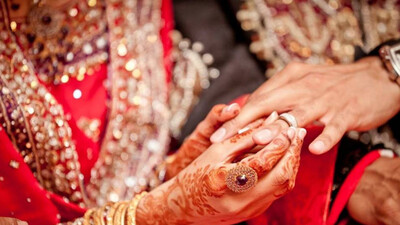Recommended Stories
Bhubaneswar: Selfies and Dongria girls make for an unlikely combination. But going by what one saw at the ongoing Adivasi Mela in the capital city here, the selfie mania seems to have gripped this particularly vulnerable tribal group (PVTG), which lives amid the verdant beauty of the Niyamgiri hills, too.
Unlike the in-your-face, devil-may-care attitude of their counterparts in the rest of the country, however, girls belonging to this primitive tribe are yet to get over their inhibition. As soon as this correspondent attempted to take a snap of the girls taking selfies, they ran from the spot as if they had seen a wild animal in the forests and took position behind their sales counters.
The Dongria’s new-found love for the modern goes beyond their fascination for the smart phone tough. Instead of their traditional self-woven sarees with motifs like Santhal dances, harvest festivals and wedding processions of the Bonda and Dongria tribes, they have now developed a passion for zari, embroidery or threadwork sarees from the local haat (market), says Golak Sikaka, a group member who accompanied them from Khambesi village in Rayagada district.
The girls, however, are quick to dispel any notion that they have shunned their traditional attire. “We like to wear them only during festivals, not always,” clarifies Nisha Vadaka, clearly the smartest in the eight-member group, with a big smile on her face. The smile on her face gets broader as she shows a piece she has purchased for her sister from the ongoing Mela.
Nisha is emphatic that Dongria girls are still rooted in their tradition and use all ornaments that have become their distinctive mark. “We never forget to put on Notha (for nose) and Beti (hair clips), which is our tradition,” she says.
Asked if she likes the city, she replies in the negative. “Here all the roads are very wide and look alike which confuse us. There are huge buildings. I couldn’t even walk 100 metres and returned to my hut,” the Dongria girl says, disapproval of the city clear in her voice.
There are other tell-tale signs of modernity creeping into this primitive society too. While women in the so-called ‘civilised’ society are still fighting for their place, Dongria women have pride of place in certain areas of economic activity.
“They don’t allow male family members to sell forest produce and minor agricultural products in rural haats,” reveals Sikaka.













